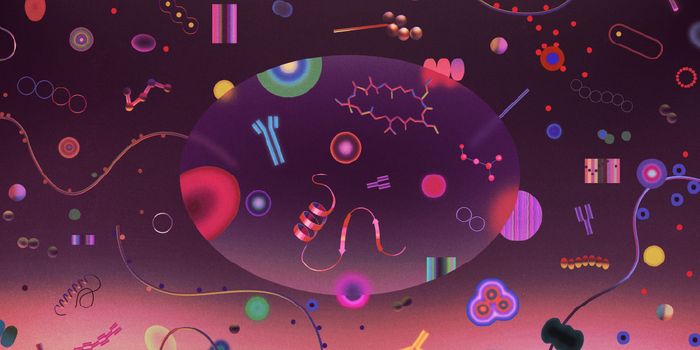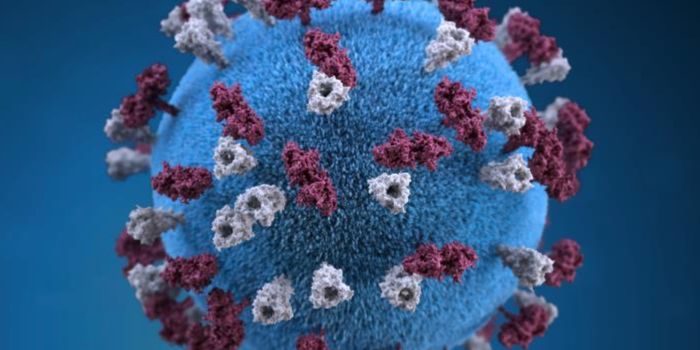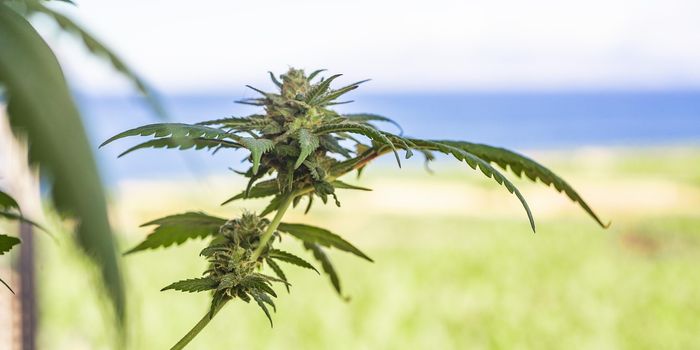Genetic Test for Hemp Seeds Predicts THC Content of Plant
The University of Minnesota have developed a genetic test for hemp seeds that accurately estimates the amount of THC the plant will produce.
It’s an important development because farmers growing industrial hemp can end up having to destroy the whole crop if the amount of THC it produces is too high. If the plants produce above 0.3 percent of this psychoactive substance, then it is no longer hemp under state and federal laws, but marijuana.
Up until now growers have had to pretty much cross their fingers and hope the seeds they grow from do not produce too much THC.
However the researchers at the University of Minnesota have come up with a way of predicting THC and CBD levels by studying three different cannabis varieties—from industrial hemp growers, the National Institute on Drug Abuse, and wild cannabis—and identifying genetic markers in them that accurately predict THC / CBD ratios.
The team, led by George Weiblen, a professor in the College of Biological Sciences and the Science Director & Curator of Plants at the Bell Museum, then validated these genetic markers as good predictors of the ratio.
Understanding the genetics of CBD- and THC-dominant plants could help the U.S. Department of Agriculture and state agriculture departments in certifying varieties that would guide farmers’ decisions on which varieties to plant,” the researchers wrote. It could also improve the consistency and quality of hemp plants.
“We hope this new test can assist in new seed certification for the hemp industry,” Professor Weiblen said.
In their report in the American Journal of Botany, the researchers also say that given that at least one of the cannabinoid classes is found in all three plant populations (industrial, clinical and wild), this renders the distinction between ‘hemp’ and ‘marijuana’ meaningless from a botanical perspective. The study states: “The dichotomy between ‘hemp’ and ‘marijuana’ perpetuates culturally biased and pejorative assumptions about C. sativa that have hindered scientific investigation for nearly a century.”
Sources: Ganjapreneur, American Journal of Botany, Hemp Industry Daily









